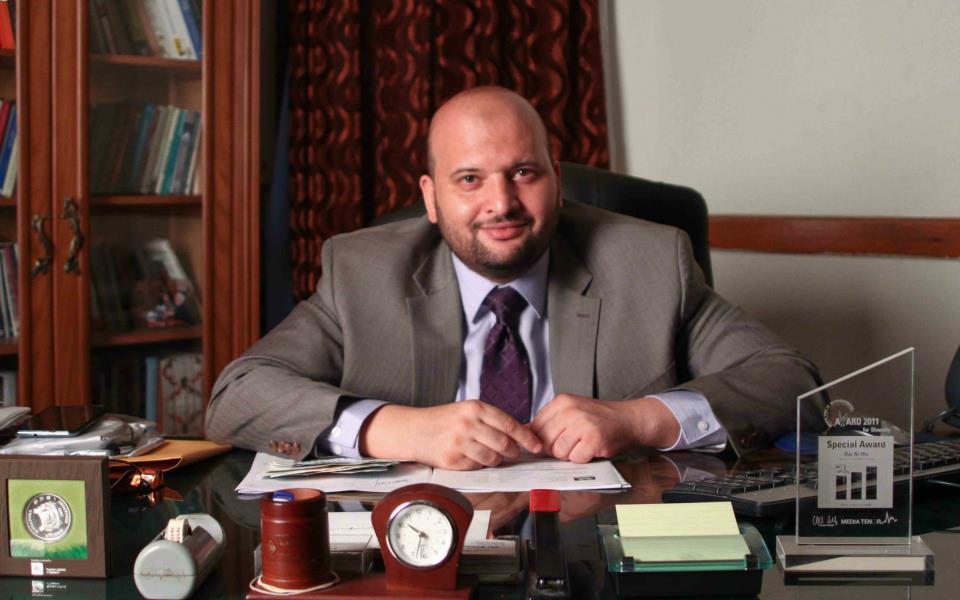Dar al-Ifta: A new article in English on clarifying the role of Egypt’s Grand Mufti in upholding death sentences demystified.

After the waves of confusion that have been widely circulating the international media, Dr.Ibrahim Negm, the senior advisor to the Grand Mufti of Egypt publishes a new article in English to correct the image and clarify the role of Egypt’s Grand Mufti in upholding death sentences demystified.
In his article, "The Role of Egypt’s Grand Mufti in Upholding Death Sentences Demystified", Dr.Ibrahim Negm clarified that according to the Egyptian law, it is obligatory for the criminal court to refer death penalty cases to the Grand Mufti before passing the death verdict. This is done after all hearings and deliberation end and after the panel of judges unanimously agree on the death decision. He added that these decisions are referred to the Office of the Grand Mufti for consultation and his opinion is not binding to the court panel.
Dr.Negm pointed out that the Grand Mufti reviews the cases referred to him by the criminal court and examines all papers from the beginning of the case. If he finds unequivocal evidence in the case papers that indicates the guilt of the accused according to Islamic law, he issues his opinion based on the evidence before him. Otherwise, he applies the Prophetic tradition which later became an axiom of Islamic law applied in criminal cases by Muslim jurists throughout the history of Islamic legal thought, “It is better for the judge to err on the side of pardon than to err in meting out the punishment.”
In light of the gravity of the death sentence and due to the complete secret nature of such cases, Dr. Negm confirmed that the panel of counselors assisting the Mufti are under obligation to review the case and draft a report inside the Dar al-Iftaa’s premises without having any report or paper related to the case in question making its way outside Dar Al-Iftaa.
Dr. Negm concluded his article stating that one of the fundamentals of a democracy is the separation of the different authorities within the system particularly the independence of the judiciary. Our judiciary is independent. It remains the main task of the judiciary is the application of justice; bringing justice to every citizen in an absolute disregard to who he/she is or what is his/her affiliations or functions. Only abstract justice and providing the legal guarantees to the accused is the higher objective of the judiciary.
 Arabic
Arabic French
French Deutsch
Deutsch Urdu
Urdu Pashto
Pashto Swahili
Swahili Hausa
Hausa
